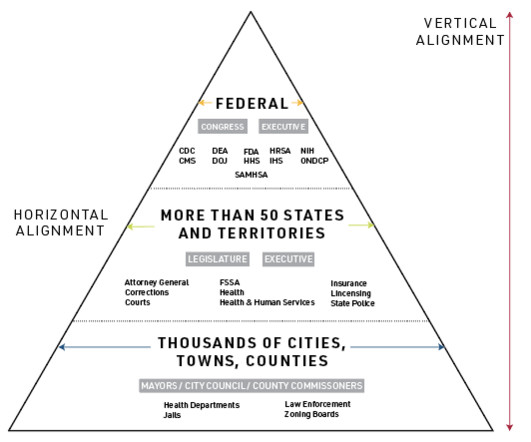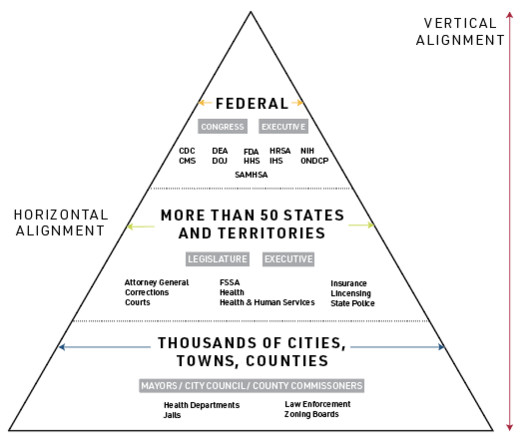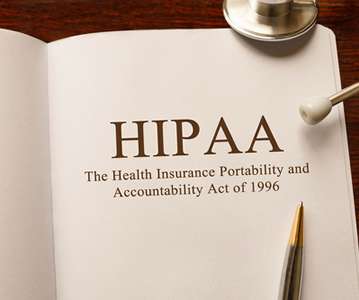Eight Opportunities to Use the Law to Address Social Determinants of Health
Bill of Health
FEBRUARY 6, 2024
State Government Opportunities: States can increase expungement rates by amending laws to apply automatic expungement to minor drug possession convictions and seal the records. States can also remove barriers to local governments setting a livable local minimum wage. Code § 32) by making the tax credit monthly. 34:11-56a et seq.






























Let's personalize your content